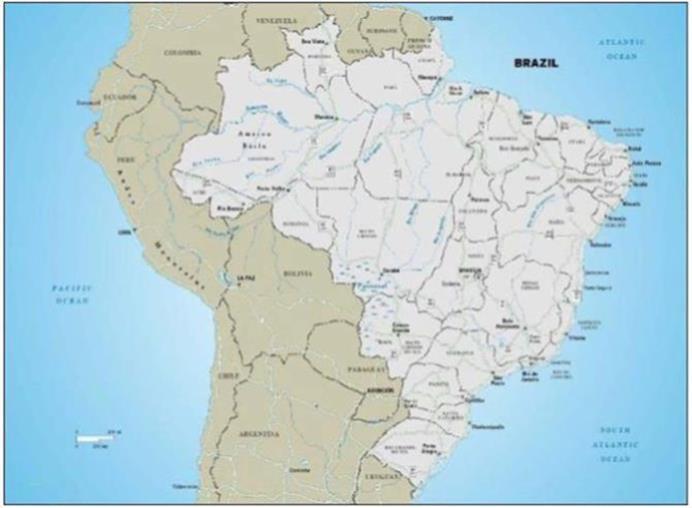Political Developments
Corruption Investigations
Multiple investigations into public corruption have been ongoing since 2014. The investigations, which initially targeted an alleged bribery, money laundering and embezzlement scheme involving the provision of goods and services to Petrobras, a majority state-owned company, grew in scope to encompass wide-reaching anti-corruption investigations in many stages and later extended to other investigations involving the construction of sports arenas and other public contracts. Those investigations are still ongoing and could result in further developments.
From April 2021 to November 2021 a parliamentary commission of inquiry (CPI) installed by the Senate investigated alleged actions and omissions by the Federal Government in the public response to the COVID-19 pandemic as well as alleged and misappropriation of federal resources by certain states and municipalities. The Public Prosecutor’s Office initiated several investigations based on the CPI’s findings, which include investigations against former ministers and officials. Such investigations are ongoing.
On July 30, 2021, the investigation by the Attorney General of Brazil into allegations made by former Minister of Justice and Public Security Sergio Moro with respect to certain alleged criminal activities conducted by President Bolsonaro was reinstated. The investigation is under the supervision of the STF.
Cabinet Changes
On July 27, 2021, Onyx Dornelles Lorenzoni took office as Ministry of Labor and Social Affairs. The Ministry of Labor and Social Affairs was integrated into the Ministry of the Economy (Ministério da Economia) in January 2019 and was reinstated as a separate ministry on July 27, 2021.
On July 28, 2021, Ciro Nogueira was appointed as Minister of Chief of Staff.
On August 6, 2021, Bruno Bianco was appointed as Attorney-General for the Federal Government and replaced André Mendonça. On December 16, 2021, André Mendonça joined the Federal Supreme Court as a judge, as a result of the retirement of Marco Aurélio de Mello from the court.
Legislative Reforms
On January 24, 2021, the new bankruptcy regime, which aims to revise the framework for both judicial and extrajudicial restructurings and modernize the Republic’s existing bankruptcy regime, became effective.
On February 24, 2021, the new Central Bank independence law, which aims to limit political interference with the authority of the Central Bank, became effective.
On April 1, 2021, the new bidding law for the public sector, which aims to reform the existing framework that governs how the government enters into contracts with private parties for the provision of goods and services in order to reduce instances of corruption and fraud, became effective.
On April 9, 2021, the new regulatory framework for natural gas, which establishes a competitive market for natural gas with the aim of attracting new investments to the sector, reducing costs and reducing the consumption of natural gas, became effective.
On June 25, 2021, the Minister of Economy sent a tax reform bill to Congress, which includes measures to (i) simplify the existing income tax framework, (ii) reduce tax distortions and (iii) end certain income tax privileges without reducing revenues for the Federal Government (the “Tax Reform Bill”). The Tax Reform Bill is currently pending congressional approval.
On July 12, 2021, the Eletrobras Privatization Law went into effect. Eletrobras is considered the largest energy company in Latin America. See “Privatization” in the Recent Developments section for further details.
On December 23, 2021, a new law establishing a new regulatory framework for rail transportation went into effect. This law was designed to facilitate private investments in the construction of railways, in the use of idle railway networks and in the provision of rail transport services.
On August 26, 2021, a new law simplifying the procedures and rules for incorporating private companies in Brazil went into effect. This law eliminates bureaucratic steps and reduces the expected time to incorporate companies in Brazil, aiming to improve the country’s position in the World Bank’s Doing Business ranking, in which Brazil ranked 124th in 2020.
D-19

